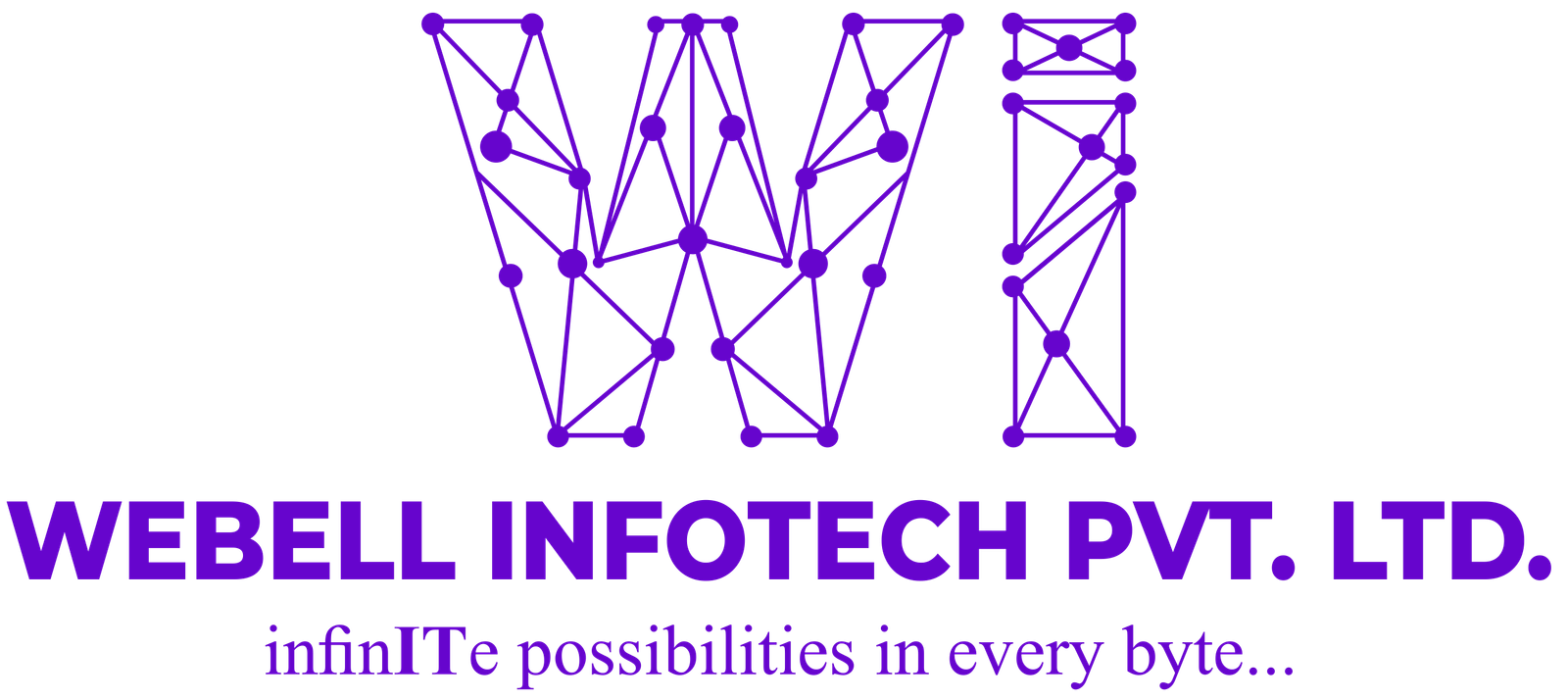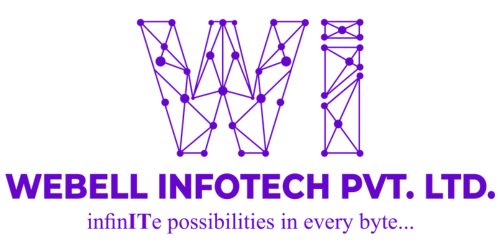Enterprise Resource Planning (ERP) systems are crucial for businesses looking to integrate and streamline their operations. An ERP system consolidates various business processes into a single unified platform, enhancing efficiency and decision-making.
Benefits of ERP Systems
- Unified Data Management: ERP systems integrate data from different departments, providing a single source of truth and reducing data discrepancies.
- Improved Efficiency: Automation of routine tasks, such as order processing and inventory management, streamlines operations and reduces manual effort.
- Enhanced Reporting: With centralized data, ERP systems offer comprehensive reporting and analytics, helping businesses make informed decisions.
- Better Collaboration: Integrated systems improve communication and collaboration across departments, ensuring that everyone has access to the same information.
Key ERP Features
- Financial Management: Tracks financial transactions, manages budgets, and provides insights into financial performance.
- Supply Chain Management: Optimizes inventory levels, supplier relationships, and procurement processes.
- Human Resources Management: Manages employee data, payroll, and performance evaluations.
- Customer Relationship Management: Enhances customer interactions by tracking sales, service requests, and support.
Case Studies
- Manufacturing: A manufacturing client implemented an ERP system to integrate production, inventory, and sales processes, resulting in a 20% increase in operational efficiency.
- Retail: A retail client used ERP to streamline supply chain management and improve stock accuracy, leading to a 15% reduction in inventory costs.
Conclusion
ERP systems are essential for businesses seeking to streamline their operations and enhance efficiency. By integrating various functions into a unified platform, ERP systems drive better decision-making and operational success.







